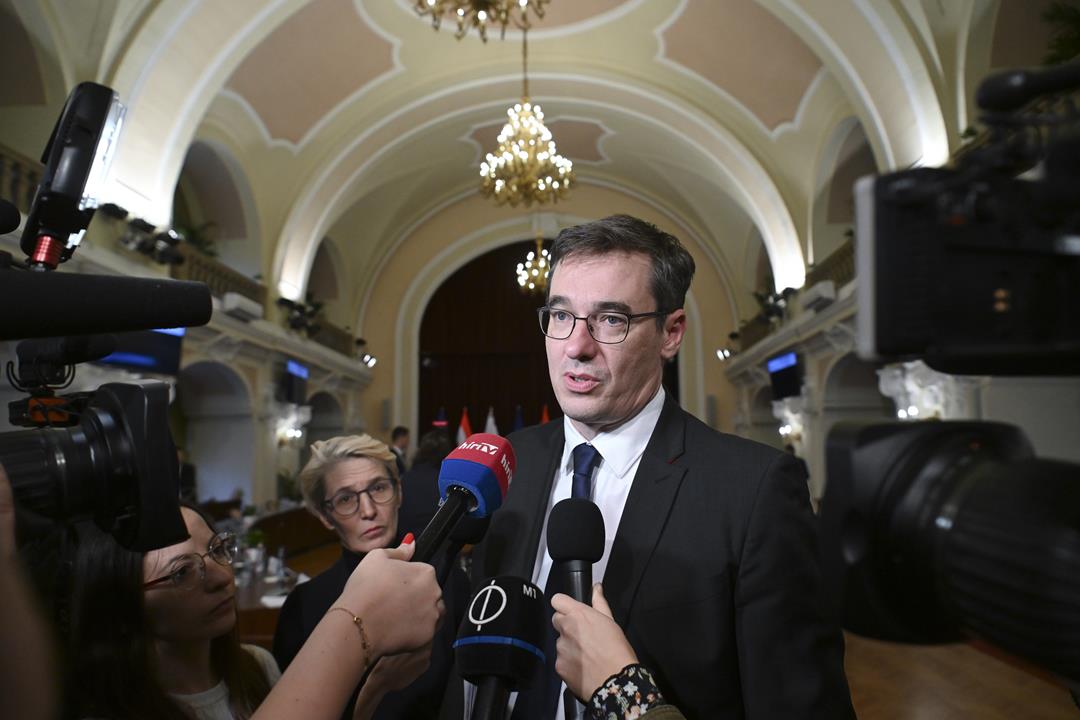Change language:
Budapest mayor to veto this government restriction
We wrote before that the state planned a drastic service cut for three Budapest suburban lines (HÉV) because of the lack of operational trains. A fierce communication clash and debate followed between the former Fidesz mayoral candidate and the transport minister of Orbán. Now, the mayor of Budapest, Gergely Karácsony, has announced a veto.
According to a Facebook post published by the mayor, Karácsony said the state-owned MÁV-HÉV Ltd planned a serious frequency decrease in three HÉV lines. However, Budapest has a right to agree with such modifications. Therefore, the government cannot carry out the restriction until Budapest gives its consent, and Mayor Karácsony said he would never do so.
That is because the Budapest Transport Company, BKK, conducted some impact assessments and determined that the frequency reduction would result in serious delays and would make hundreds of thousands of people’s lives more difficult. Budapest would reject MÁV-HÉV’s plans, Karácsony highlighted.
Experiences gained from helping Ukrainian refugees to be used with other vulnerable groups
Budapest plans to use the professional experiences gained from helping Ukrainian refugees also with other vulnerable groups, the city’s mayor said at a conference on Friday.
Gergely Karácsony told the event organised by the city and UNICEF Regional Office for the Ukraine Refugee Programme that helping refugees fleeing the war in Ukraine had posed a new challenge to Budapest in which area the city had not had that much experience “after the past several decades of peace”.
He noted that a two-year cooperation with UNICEF, one of the biggest supporters and professional partners, would resume at the end of this month. However, a refugee information line and a helper network will remain operational, he said.

“The Budapest city council has learnt a lot from its international and Hungarian partners about providing professional help to refugees, and would like to use that knowledge with helping all vulnerable social groups for whom we bear great responsibility”, Karácsony said.
“The city has experience in efficiently providing cash support to vulnerable groups,” he said.
Pilar Gonzalez Rams, the director of the UNICEF Regional Office for the Ukraine Refugee Programme, said that they had built one of the most sustainable partnership with Budapest. She said that the organisation would withdraw from the cash support programme but the city council would continue to operate it.
There are more currently more than 60,000 Ukrainian refugees staying in Hungary, 40 percent of whom are women and children.
Read also:
- Outrage erupts as Hungarian minister Lázár crosses the line with offensive remarks: ‘aberrant, liberal kids, bootlicker’ – read more HERE







